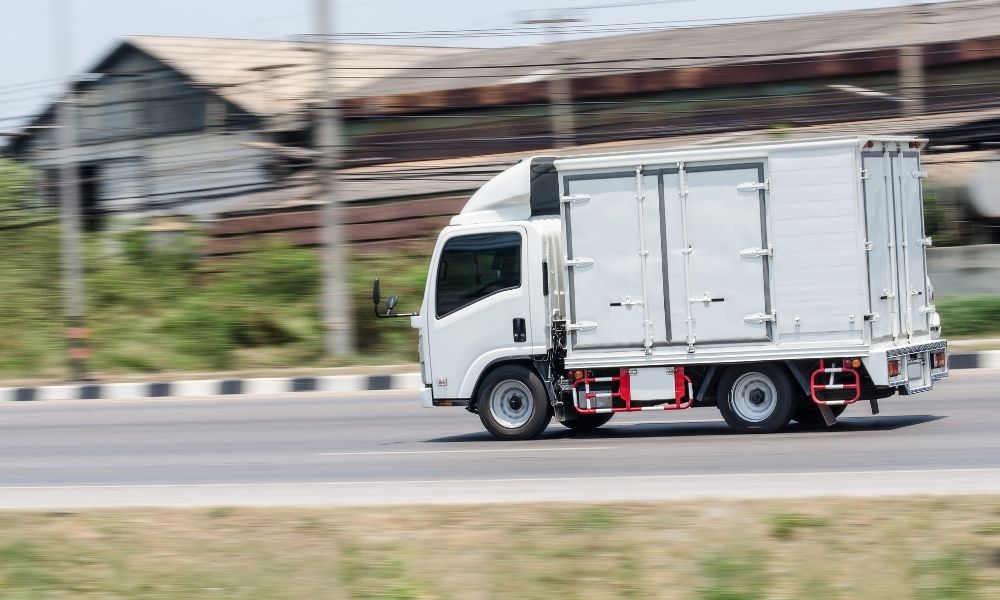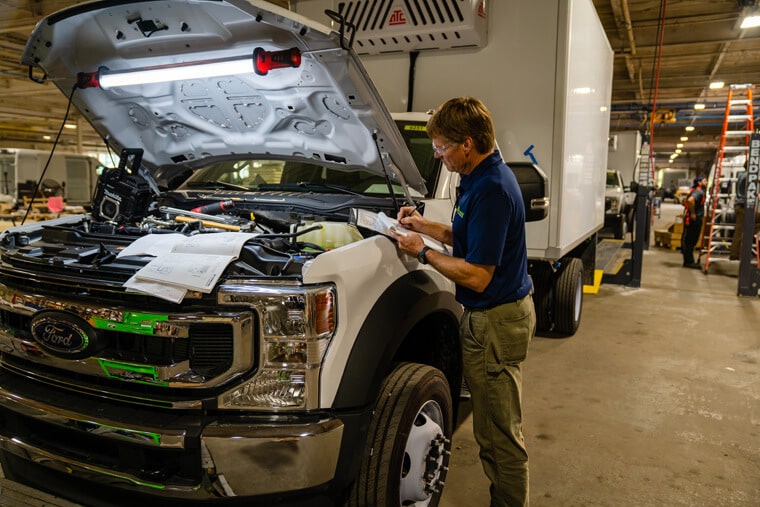
Why Pharmaceutical Supply Chains Need Refrigerated Vans
Joe Dickman | September 21st, 2021
Pharmacies must be able to effectively stock lifesaving medications for patients to take. When they need to obtain these medicines, they receive them in refrigerated trucks. Read on to learn precisely why pharmaceutical supply chains need refrigerated vans.
What Is the Cold Supply Chain?
Cold supply chain distribution refers to the practice of transporting pharmaceutical goods that require refrigerated storage. Given that injectable and biological drugs make up a substantial percentage of the specialized goods now on the market, a well-thought-out cold chain distribution infrastructure is essential. Refrigerated vans make it possible to safely store and transport medicines in these supply chains.
Many Medicines Are Temperature Sensitive
There are various temperature-sensitive medications on the market, and these drugs frequently require refrigerated storage and transit at temperatures ranging from 2°C to 8°C. These storage standards are in place to ensure that the drugs are as effective as possible while also ensuring patient safety. While you can store most temperature-sensitive medicines at room temperature for a short period, this can cut back the manufacturer’s expiration dates. Some of these medications include the following:
Asthma Inhalers
Asthma is a common illness that causes long-term inflammation of the lungs’ passageways. Gasping for breath, coughing, chest tightness, and wheezing are common symptoms. Aerosol sprays are standard therapy for the disorder, and some of these inhalers must stay at 2°C to 8°C to be fully effective.
Insulin
Diabetes is a metabolic condition characterized by excessive blood sugar levels, and persons with diabetes may require insulin to maintain a healthy blood glucose level. While not all varieties of insulin need cold storage, people who use temperature-sensitive insulin are vulnerable to changes in temperature, whether hot or cold. This insulin should never face exposure to temperatures beyond 8°C or below 2°C since this will cause it to become inactive or even poisonous.
Vaccines
You must preserve many vaccines at extremely low temperatures, sometimes as low as –70°C. These freezing temperatures keep these vaccinations stable. Once they begin to thaw, it can be a race against time to administer them before they become effectively useless. Refrigerated vehicles contribute to the immunization cold chain system by enabling the timely distribution of lifesaving vaccines.
The most crucial reason why pharmaceutical supply chains need refrigerated vans is that delivering lifesaving and life-enhancing drugs worldwide would be nearly impossible without them. When you’re looking for trusted refrigerated truck manufacturers, Emerald Transportation Solutions offers the most reliable vehicles on the market. Don’t hesitate to contact us today about adding a refrigerated vehicle to your delivery fleet.
Related Articles
Contact Us
Feel Free To Contact Us If You Have Any Questions
What does under DOT mean?
Questions regarding DOT requirements come up often. 10,000 lbs GVW (gross vehicle weight) and over are commercial vehicles that fall under the Department of Transportation regulatory requirements.
What is the difference between GVW and payload?
GVW or Gross Vehicle Weight is the entire weight of the vehicle including the payload. The payload weight represents the amount of cargo you are hauling.
What is a self-powered unit and a vehicle-powered unit?
A self-powered unit has its own fuel source and will run independent of the truck. This is the heaviest and most expensive option. While vehicle-powered units run off the engine via a compressor mounted on the engine. These are less expensive and lighter in weight but you must run the truck or plug the electric standby into shore power.
What does K-factor mean and why is that important?
K-factor is a term that stands for the overall insulating value of the container (truck body). Quite simply the lower the K-factor the better the truck body will be able to maintain a given temperature and require less energy to do so.
How much lighter is a Poly Van vs a US spec body?
Poly Van bodies are very light. On average we estimate we are 75-150 lbs per foot lighter than a traditional sheet and post foamed in place body. These weight savings translates to less fuel burn and less CO2 emissions, along with added payload, the most important benefit.






